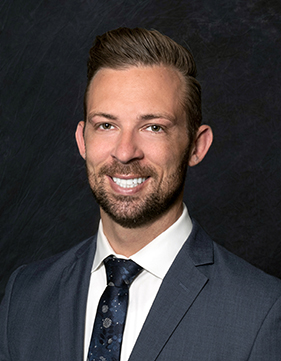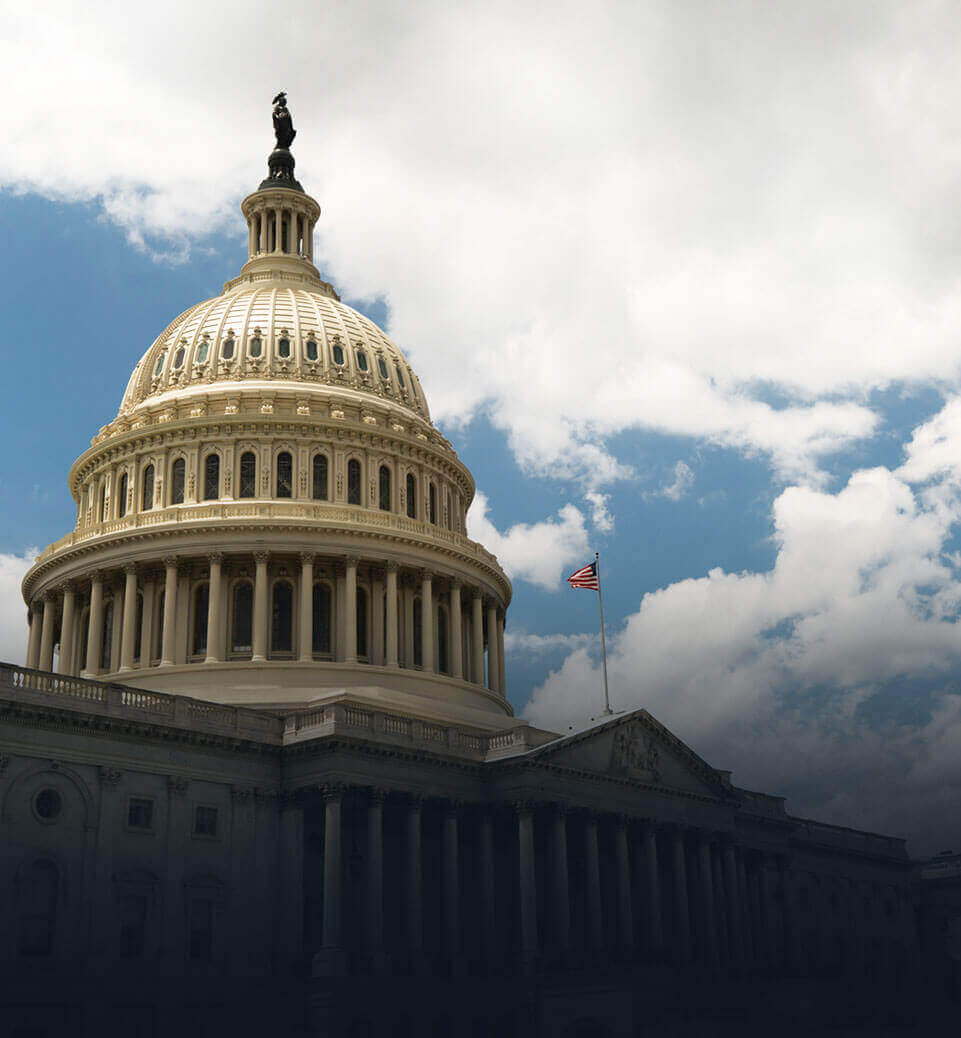|
|
Last Modified on Apr 02, 2021
There are a few different ways a personal injury claim can conclude. The most commonly known is through a lawsuit ending with the plaintiff and defendant trying the case in a courtroom where the decision is in the hands of a judge or jury. Another possibility is a settlement in lieu of trial. In the latter case, the defendant’s insurance company will work with the plaintiff and his or her personal injury attorney to arrive at an agreed upon sum. To initiate the latter, either party’s attorney may extend a 998 offer.
What Is the Role of a 998?
998 is the section of California’s Code of Civil Procedure that permits special offers for settlements. It details that you (as the plaintiff) can provide a specified cash amount that you’d be willing to receive from the defendant to settle your case.
Insurance companies recognize the formal request and associated risks of a 998, making the offer difficult to ignore. It is an attention-getter, to say the least. Typically, a designated executive will thoroughly review the file and decide if the defendant will accept or decline the offer. A 998 will often motivate an insurance company to settle quicker than they otherwise would.
If an insurer declines to accept a 998 offer and the plaintiff is later awarded a better verdict at trial, the insurer will need to pay interest from the date the 998 offer was made along with other costs relating to the trial, such as expert witness fees.
What Happens When a 998 Is Served?
If at any time prior to trial a 998 is served and accepted, the trial will become moot. A 998 offer is a formal, legal document to encourage the parties to settle a case. The timeframe for acceptance is 30 days, after which, the offer is revoked. If the served party does not accept the 998 offer and a trial concludes with the court awarding the party who served it a larger verdict, the served party will pay interest from the date when they were served to the conclusion of the case. This results in the served party paying more money than they would have if they had accepted the 998 initially.
A defendant can serve a 998 as well. If the case goes to trial and the plaintiff is given a lesser amount than the 998, the plaintiff can be ordered to pay extra costs as a result of the rejected 998.
998s in the Age of COVID-19
The COVID-19 pandemic has changed the way our society operates, including and especially in legal cases. In Southern California, the closure of courtrooms created a massive backlog of trials that will take years to be heard. This elevates the risk of declining a 998 offer. If a case takes several years to reach the courtroom and a jury awards an amount higher than the 998, the served party would end up owing even more interest on the 998 due to the prolonged wait time for the trial.
Seeking a Personal Injury Settlement?
Our personal injury attorneys can help and provide you with expert advice on your case, including the useful tool of a 998 offer. Contact the Law Offices of Belgum, Fry & Van Allen for a free case evaluation.






